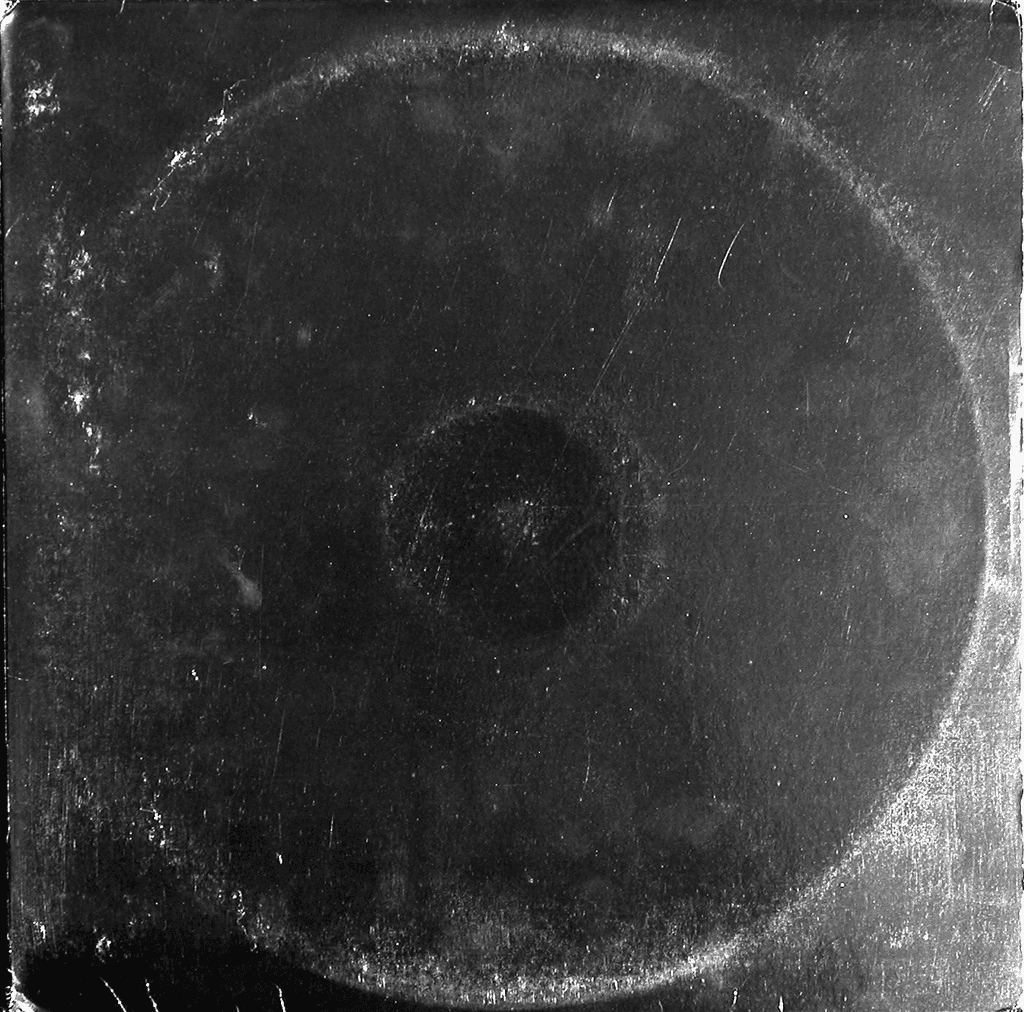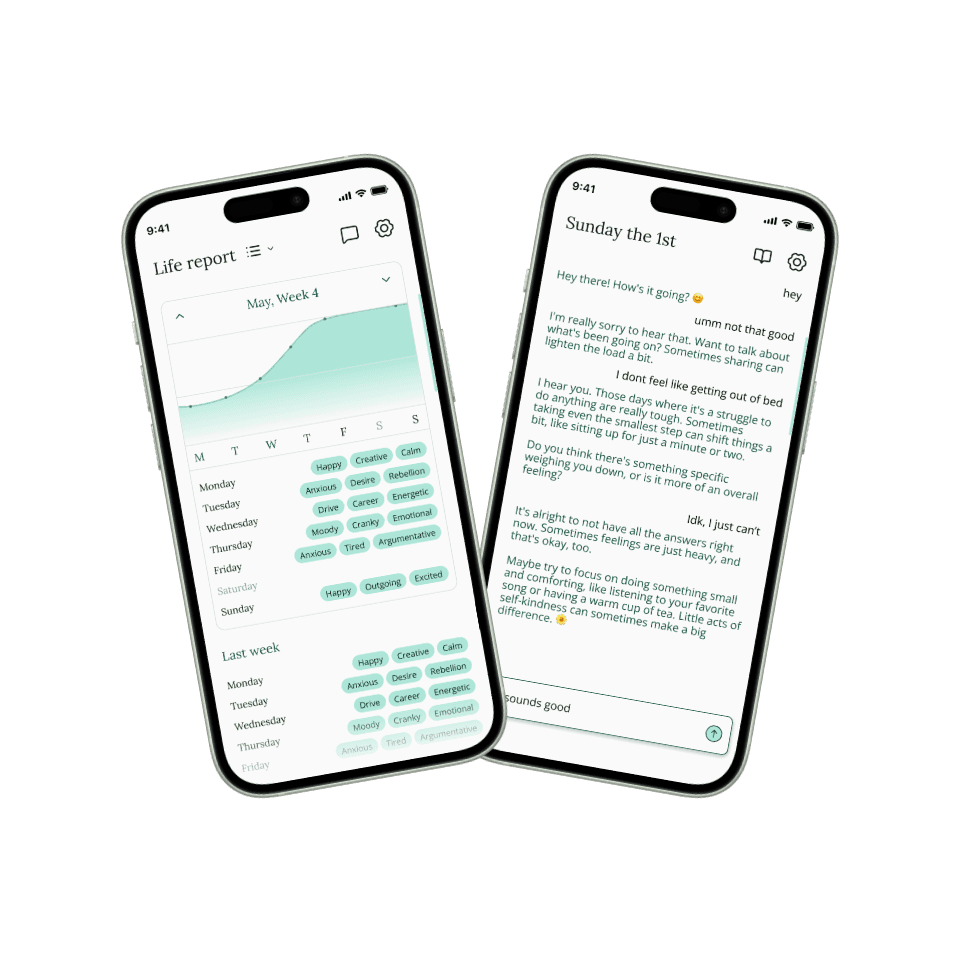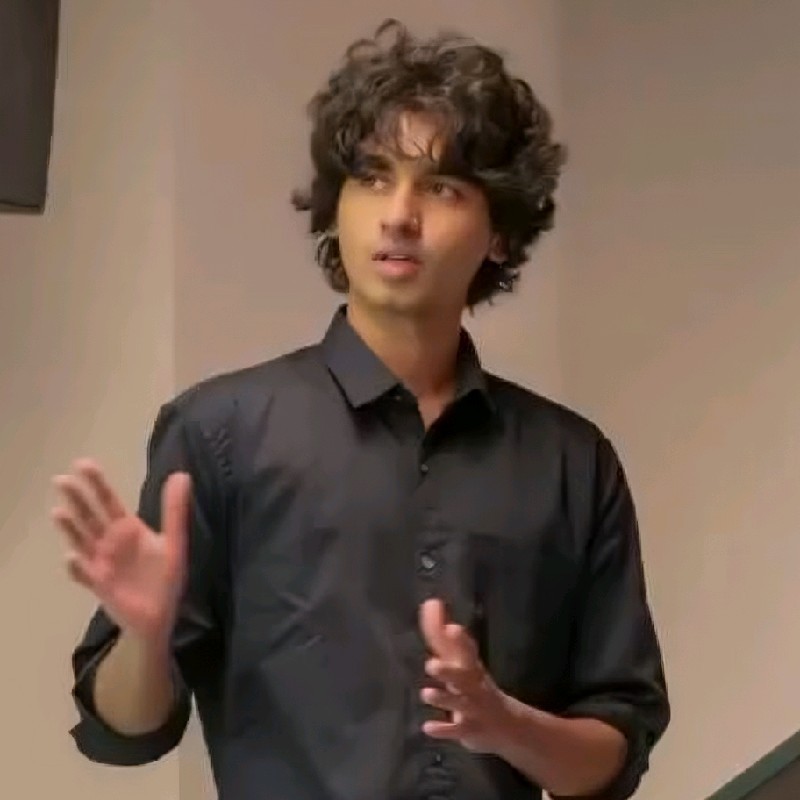
Managing time in therapy sessions - The art of creating space
Managing time in therapy sessions - The art of creating space
Apr 24, 2024
Apr 24, 2024
Managing time during therapy sessions is one of those underrated skills that can really make or break the experience for both the therapist and client.
Two extremes
I've seen it go wrong in a couple of different ways. On one extreme, you have therapists who are so rigidly fixated on sticking to the schedule and time constraints that it completely kills the natural flow of the conversation. They're so busy watching the clock and trying to check boxes that they miss those organic moments of insight and deeper connection.
It can feel like you're being rushed from topic to topic without ever really diving in. As the client, you get the vibe that the therapist is just eager to wrap things up and move on to the next appointment. It's clinical in the worst way - devoid of true presence and attunement.
Then on the other end of the spectrum, you have therapists who just let sessions become these completely formless rambles with no sense of direction or momentum building. While there's value in going with the flow, things can also just dissolve into aimless musing without any real culmination or resolution. You might leave the session feeling like you spun your wheels for an hour without accomplishing much.
A delicate balance
The magic happens when a therapist can strike that delicate balance between providing a structured container while still allowing for organic unfolding and spontaneity. It's about establishing a sense of spaciousness within the defined period that allows you to fully immerse and explore, knowing you have ample time to cycle through beginning, working through the thick of things, and arriving at a satisfying pause or resolution before the end.
An artful therapist creates a pocket of time that holds the experience like a potter- giving it form and boundaries while leaving room for surprises to emerge. You can sense them subtly guiding the journey while also letting it breathe and unfurl at its own natural pace.
It's kind of like a fascinating conversation you have with a friend over a couple of hours. You don't watch the clock, but you also innately feel when you've fully delved into something before organically circling back or transitioning. There's an overarching shape and rhythm that allows you to completely drop in without losing your way.
That's the sweet spot I've come to appreciate most in therapy - when time expands and contracts perfectly to match the ebbing and flowing of each moment's needs. The therapist is a masterful potter in those sessions, gently ushering in openings and closings, beginnings and endings with graceful flexibility.
It creates a sense of wholeness and completion, even if the work itself is still ongoing. You leave feeling like something was brought to life and honored within that contained pocket of time. You can't wait to open up the space again soon and pick up where your last unfolding left off.
Anyway, that's it for now fellow potter! Let me know if any of that resonates with your own therapy experiences or ideas around working with the constraints and creative openings of the therapy hour. It's complex stuff, but I think the best therapists make it look effortless.
Managing time during therapy sessions is one of those underrated skills that can really make or break the experience for both the therapist and client.
Two extremes
I've seen it go wrong in a couple of different ways. On one extreme, you have therapists who are so rigidly fixated on sticking to the schedule and time constraints that it completely kills the natural flow of the conversation. They're so busy watching the clock and trying to check boxes that they miss those organic moments of insight and deeper connection.
It can feel like you're being rushed from topic to topic without ever really diving in. As the client, you get the vibe that the therapist is just eager to wrap things up and move on to the next appointment. It's clinical in the worst way - devoid of true presence and attunement.
Then on the other end of the spectrum, you have therapists who just let sessions become these completely formless rambles with no sense of direction or momentum building. While there's value in going with the flow, things can also just dissolve into aimless musing without any real culmination or resolution. You might leave the session feeling like you spun your wheels for an hour without accomplishing much.
A delicate balance
The magic happens when a therapist can strike that delicate balance between providing a structured container while still allowing for organic unfolding and spontaneity. It's about establishing a sense of spaciousness within the defined period that allows you to fully immerse and explore, knowing you have ample time to cycle through beginning, working through the thick of things, and arriving at a satisfying pause or resolution before the end.
An artful therapist creates a pocket of time that holds the experience like a potter- giving it form and boundaries while leaving room for surprises to emerge. You can sense them subtly guiding the journey while also letting it breathe and unfurl at its own natural pace.
It's kind of like a fascinating conversation you have with a friend over a couple of hours. You don't watch the clock, but you also innately feel when you've fully delved into something before organically circling back or transitioning. There's an overarching shape and rhythm that allows you to completely drop in without losing your way.
That's the sweet spot I've come to appreciate most in therapy - when time expands and contracts perfectly to match the ebbing and flowing of each moment's needs. The therapist is a masterful potter in those sessions, gently ushering in openings and closings, beginnings and endings with graceful flexibility.
It creates a sense of wholeness and completion, even if the work itself is still ongoing. You leave feeling like something was brought to life and honored within that contained pocket of time. You can't wait to open up the space again soon and pick up where your last unfolding left off.
Anyway, that's it for now fellow potter! Let me know if any of that resonates with your own therapy experiences or ideas around working with the constraints and creative openings of the therapy hour. It's complex stuff, but I think the best therapists make it look effortless.
View more insightful blog articles
Today's tune



Track your mental health and get support between sessions with Verba
Learn more

Track your mental health and get support between sessions with Verba
Learn more

Track your mental health and get support between sessions with Verba
Learn more

Advait Naik
Advait is the founder of Verba and works at the intersection of psychology, design and technology to create a product that can help humans be more self aware through clarity